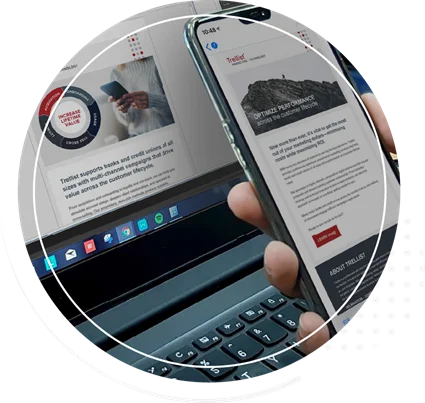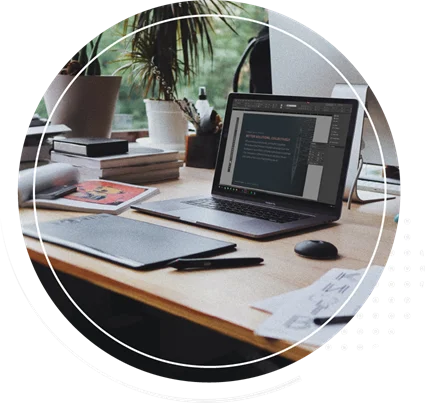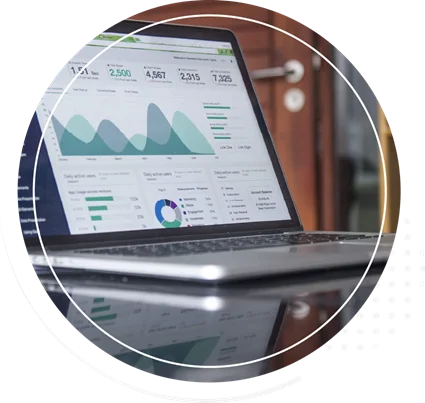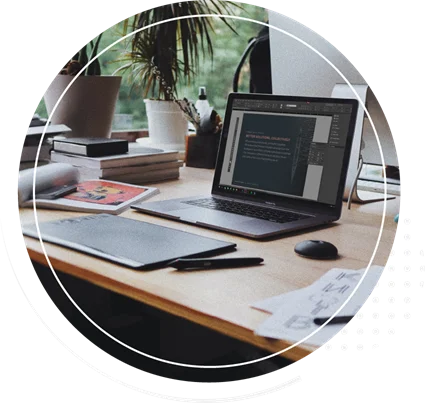Accessibility is a philosophy that ensures a wide range of people are able to comprehend the content we create for businesses — even if they do not all access and experience the information in same way.
This range of people include children, seniors, non-native speakers, and people with physical, cognitive, or sensory impairments.
Nowadays, due to an increasing number of web accessibility lawsuits, there is more pressure to be accessible. In 2017, there was “an unprecedented number of website accessibility lawsuits filed in federal and state courts, and few courts [were] willing to grant early motions to dismiss.”1
But creating accessible websites is not always easy.
It seems easy to use available checklists of Web Content Accessibility Guidelines (WCAG), and Section 508 standards, near end of projects to quickly try to pass QA. But implementing these changes at the end of a project — updating code, design, and content — wastes time and effort, and risks missed deadlines and budget overruns. And in the end, the results may not be helpful enough to improve the experience of the whole audience.
This can cause businesses to conclude that accessible sites are hard to create, expensive, and even irrelevant to their targeted “normal” audience. But they should realize that there is no “normal” audience.
Some may be situationally disabled. Imagine the plight of non-native speakers or new parents juggling a baby along with their already time-demanding lives trying to buy something from an ecommerce site. Or consider attendees at a crowded trade show trying to hear a speaker. They would undoubtedly prefer to have the information the speaker is giving on their phones to read at leisure, with the ability to follow up afterwards. And, consider the scenario of a person needing to perform financial transactions or dispute medical charges in a public environment — they would rather use online sites than speak with customer service on phone about their private information.
Some may be temporarily disabled. Imagine someone with an arm injury having to navigate sites with a single hand. Or temporary visual or auditory impairments that limit them from consuming videos or podcasts. Imagine suffering from a sore throat which makes them more willing to use online sites and tools to finish their errands rather than talking with someone on phone.
While it’s tempting for businesses to think that the situationally and temporarily impaired users don’t need to be catered to, some users are permanently disabled. They may be deaf, mute, blind, or physically or mentally impaired. They still have needs and desires to buy a product online or consume information in blog posts, videos, podcasts and other avenues that should be made accessible to them.

How does Trellist work with a philosophy of accessibility?
Trellist shares this philosophy. Team members from various backgrounds such as project management, content, ux, creative, tech, and QA consider accessibility from start to end of a project.
To also ensure this philosophy is at the core of the team’s work, an accessibility-focused individual is placed in the team to guide, focus, and educate where needed from project scope till production. Focusing on users with various levels of temporary and permanent impairments helps us derive inclusive solutions that are beneficial to the situationally-impaired users as well.
At different stages of each project, we consider various representations of audience. We imagine them going through different disabilities — permanent, temporary, and situational. We try to empathize and evaluate whether any of the designed content could cause confusion to various types of audiences.
Although there is much discussion among team members on different ways to present content, there is a shared goal which is clear to all team members. Thus, every decision is made in unity despite the diversity — quickly, effectively, and efficiently.
We derive solutions that are best fit for the audience, project timeline, budget, and the business's goals and needs.
For more information, please contact us at enterprisetechnology@trellist.com.
1Vu, Minh N., and Susan Ryan. “2017 Website Accessibility Lawsuit Recap: A Tough Year for Businesses.” ADA Title III News & Insights, Seyfarth Shaw LLP, 2 Jan. 2018, www.adatitleiii.com/2018/01/2017-website-accessibility-lawsuit-recap-a-tough-year-for-businesses.













